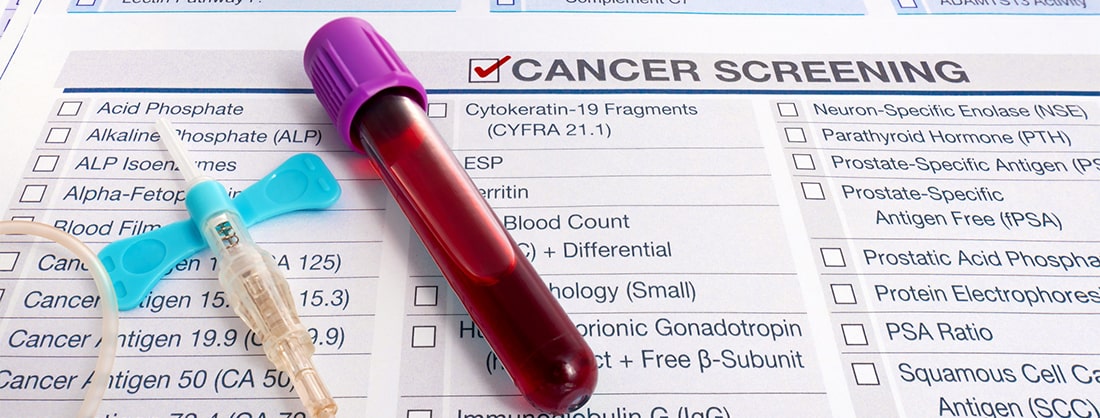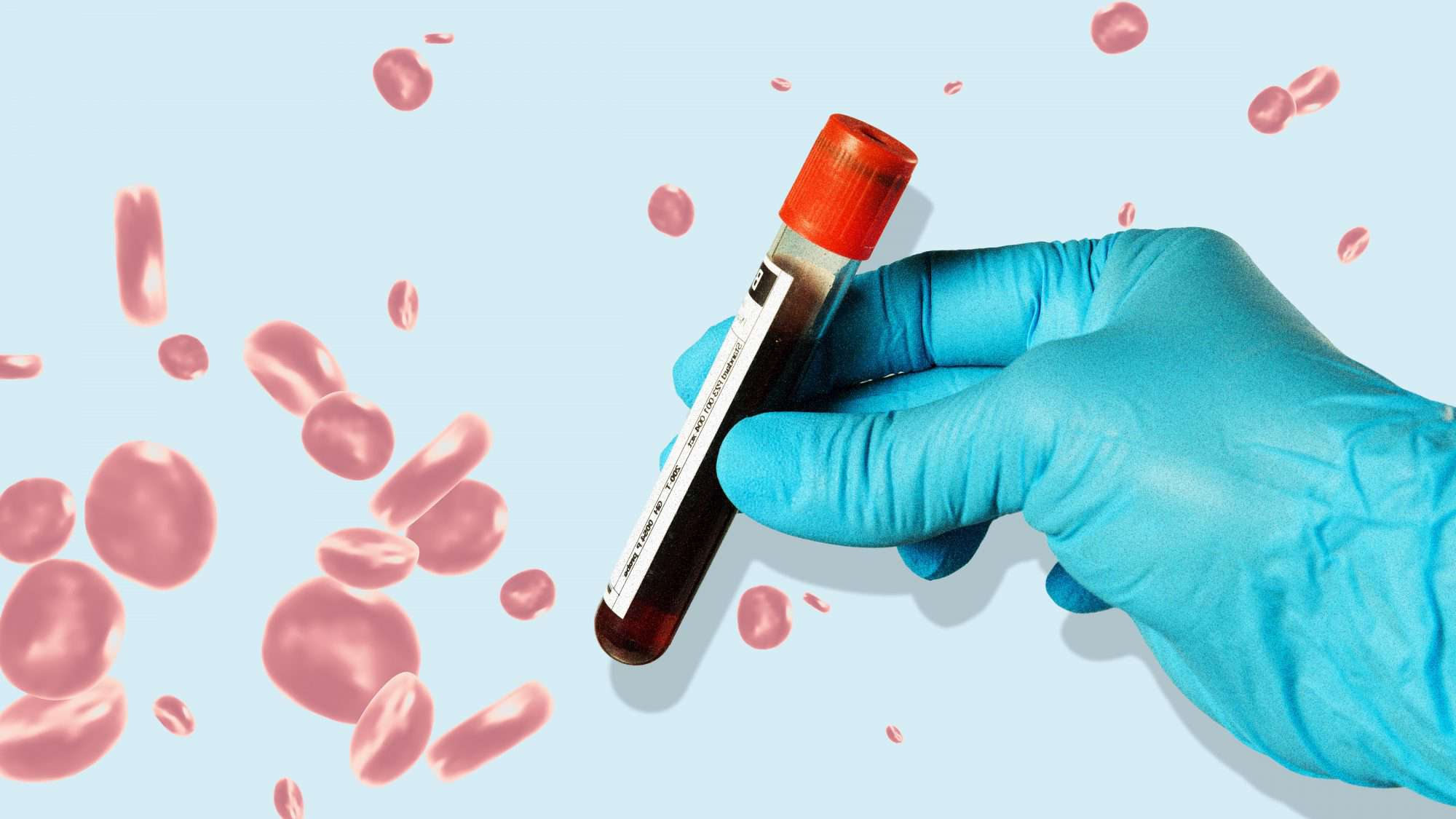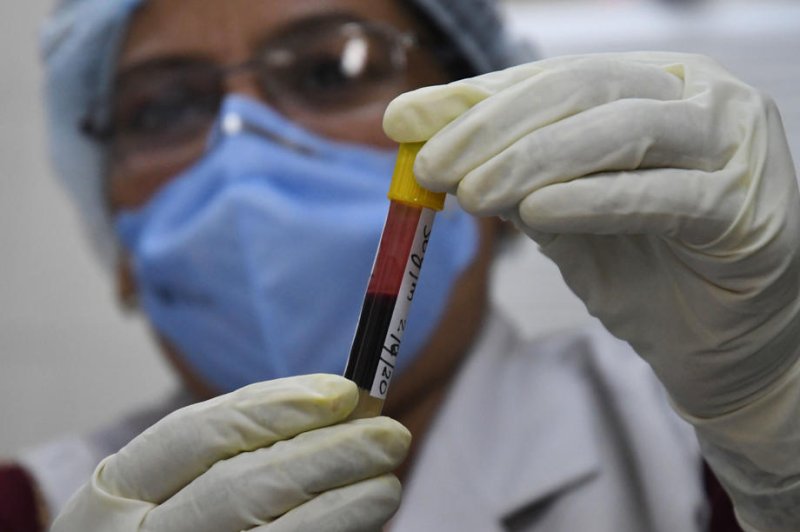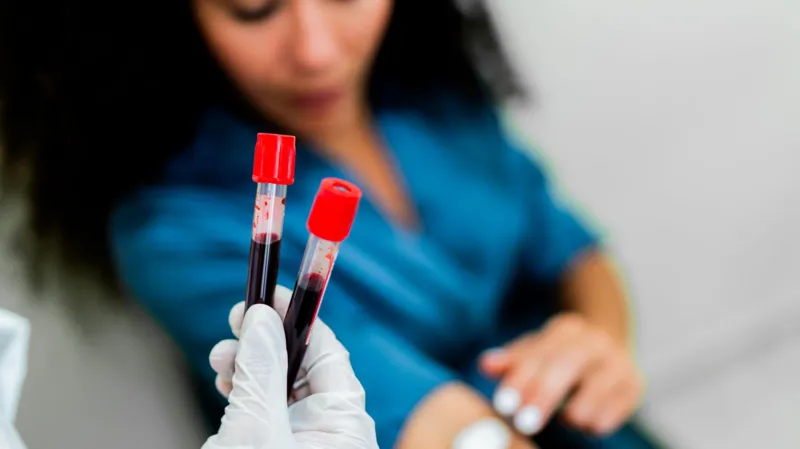Groundbreaking clinical trial results reveal that a single blood test can accurately detect more than 50 different cancer types, potentially revolutionizing how medical professionals approach cancer screening and early diagnosis. The Galleri blood test, developed by American pharmaceutical firm Grail, successfully demonstrated its ability to identify multiple cancer varieties simultaneously—a capability that could fundamentally transform cancer detection protocols globally.
Trial results spanning 25,000 adults across North America show that the innovative test achieved remarkable accuracy rates, with nearly one in 100 participants receiving positive results and 62% of those cases subsequently confirmed as cancer upon further investigation.
How the Galleri Blood Test Works: Detecting Cancerous DNA in Circulation
The Galleri blood test represents a revolutionary approach to cancer detection by identifying fragments of cancerous DNA that have detached from tumors and are circulating through the bloodstream. This innovative methodology allows physicians to detect cancer’s molecular signature without requiring invasive surgical procedures or tissue biopsies.
The Science Behind Galleri: The test analyzes blood samples to identify and sequence circulating tumor DNA (ctDNA)—genetic material released by cancer cells into the bloodstream. Advanced computational algorithms then analyze this genetic information to identify cancer presence and determine cancer type.
Dr. Nima Nabavizadeh, associate professor of radiation medicine at Oregon Health & Science University and lead researcher on the trial, emphasized the significance of these findings: “The data showed that the test could ‘fundamentally change’ their approach to cancer screening.”
This transformative potential stems from the test’s ability to detect cancers at earlier stages, “when the chance of successful treatment or even cure are the greatest,” according to Dr. Nabavizadeh’s analysis.
Trial Results: The Numbers Behind the Breakthrough
The clinical trial involved comprehensive monitoring of 25,000 adult participants from the United States and Canada over a one-year period. The results demonstrated impressive performance metrics across multiple critical parameters:
Detection Accuracy:
- Nearly one in 100 participants received positive test results
- 62% of positive results were subsequently confirmed as cancer
- Over 99% accuracy rate in correctly ruling out cancer in those who tested negative
- Successfully identified cancer origin in nine out of 10 cases
Early-Stage Detection Success: More than half of detected cancers were identified at early stages, when treatment outcomes are substantially more favorable and curative options remain viable.

The Critical Advantage: Detecting Previously Unscreened Cancers
Perhaps the most significant breakthrough involves the test’s ability to detect cancers that currently lack any form of organized screening programme. Approximately three-quarters of detected cancers fall into categories without existing screening infrastructure, including:
Cancers Without Current Screening Programs:
- Ovarian cancer
- Liver cancer
- Stomach cancer
- Bladder cancer
- Pancreatic cancer
- Multiple other malignancies
These cancers typically remain undetected until advanced stages, when treatment becomes substantially more difficult and survival rates decline dramatically. The ability to identify these aggressive cancers at earlier stages represents a profound clinical advancement.
Seven-Fold Increase in Cancer Detection When Combined With Traditional Screening
The Galleri test demonstrated powerful complementary properties when combined with existing cancer screening programs. When used alongside conventional breast, bowel, and cervical cancer screening programs, the blood test increased overall cancer detection rates by an impressive seven-fold margin.
This synergistic effect suggests that incorporating Galleri testing into standard screening protocols could dramatically improve public health outcomes across multiple cancer types simultaneously.
Combined Screening Advantages:
- Maintains effectiveness of traditional screening methods
- Identifies cancers missed by conventional screening
- Detects unscreened cancer types simultaneously
- Potentially prevents delays in diagnosis across multiple pathways
NHS Trial Results and Future Implementation Plans
The Galleri test is currently undergoing clinical evaluation through the UK’s National Health Service, representing the first major test of this technology within an established healthcare system. The NHS has demonstrated significant confidence in the potential of this breakthrough diagnostic tool.
NHS Three-Year Trial (2025-2026): A comprehensive three-year trial involving 140,000 NHS patients across England is currently underway, with full results expected to be published in 2026. This large-scale trial represents the most extensive evaluation of Galleri’s effectiveness within a state-funded healthcare system.

Potential NHS Implementation: The NHS has officially stated that if trial results prove successful, the organization would extend Galleri testing to an additional one million people. This scaling represents extraordinary confidence in the test’s clinical utility and potential public health benefits.
Lead Researcher Perspectives: Transforming Cancer Detection Approach
Dr. Nima Nabavizadeh emphasized the paradigm-shifting implications of these results. He explained that the test could help detect many cancer types “earlier, when the chance of successful treatment or even cure are the greatest”—fundamentally changing how physicians approach cancer diagnosis and patient management.
Sir Harpal Kumar, president of biopharma at Grail, called the results “very compelling” and articulated the core motivation behind Galleri development. Speaking to BBC Radio 4’s Today programme, he stated: “The vast majority of people who die from cancer do so because we find their cancers too late.”
Kumar emphasized that many cancers are discovered when already “very advanced,” and that the strategic objective is to “shift to earlier detection, when we have the chance to use treatments that are much more effective and potentially curative.”
Scientific Peer Review Pending: Full Publication Details
While topline results generated considerable excitement among the medical and scientific communities, the full peer-reviewed publication of detailed findings remains pending. The results were released at the European Society for Medical Oncology congress in Berlin, but comprehensive details have not yet appeared in peer-reviewed scientific journals.
This distinction reflects standard scientific practice, where preliminary trial results are initially presented at major conferences, followed by submission to peer-reviewed journals for comprehensive expert evaluation and validation.
Publication Timeline:
- Topline results: Presented at ESMO congress (Berlin)
- Full peer-reviewed publication: Pending submission and review process
- NHS trial results: Expected publication in 2026
Important Caveats: Scientists Call for Mortality Data
Despite enthusiastic response to the trial results, independent scientists emphasize that additional evidence remains essential before definitive clinical recommendations can be made. The critical gap involves demonstrating that earlier detection ultimately translates into actual mortality reduction.
Clare Turnbull, professor of translational cancer genetics at The Institute of Cancer Research, London, emphasized this critical point: “Data from randomised studies, with mortality as an endpoint, will be absolutely essential to establish whether seemingly earlier-stage detection by Galleri translates into benefits in mortality.”
This scientific caution reflects a fundamental principle: detecting cancer earlier doesn’t automatically improve patient outcomes unless earlier treatment proves more effective than later intervention. Distinguishing between earlier detection and actual mortality benefit requires large-scale, long-term studies with carefully measured outcomes.

Concerns About Overdiagnosis and False Positives
Cancer Research UK expressed important caveats regarding the potential risks associated with widespread Galleri implementation. Naser Turabi of Cancer Research UK cautioned that further research is needed to “avoid overdiagnosing cancers that may not have caused harm.”
This concern reflects a recognized challenge in cancer screening: some detected cancers grow so slowly that they would never cause clinical symptoms or death during a patient’s lifetime. Identifying such cancers through aggressive screening can lead to unnecessary treatment, psychological stress, and potential treatment side effects without meaningful health benefits.
Overdiagnosis Risks:
- Unnecessary treatment of slow-growing cancers
- Patient anxiety and psychological impact
- Healthcare resource utilization for non-threatening cancers
- Potential treatment complications and side effects
- Unnecessary medical expenses and time commitments
Regulatory Path Forward: UK National Screening Committee Role
Turabi emphasized that the UK National Screening Committee will “play a critical role in reviewing the evidence and determining whether these tests should be adopted by the NHS.”
This regulatory process involves comprehensive evaluation of scientific evidence, consideration of cost-effectiveness, assessment of population health benefits, and careful analysis of potential harms. The screening committee’s recommendations will substantially influence whether Galleri testing becomes standard NHS practice.
According to Cancer Research UK’s guidance on cancer screening, evidence-based screening programs require clear demonstration of benefits exceeding potential harms before widespread implementation recommendations.
Global Cancer Detection Challenge: Current Limitations
Current cancer detection approaches suffer from significant limitations that Galleri potentially addresses:
Existing Screening Gaps:
- Many cancers lack organized screening programs
- Advanced-stage diagnosis remains common at presentation
- Treatment efficacy declines substantially with disease advancement
- Survival rates vary dramatically based on detection stage
- Healthcare systems struggle with resource allocation for screening
These limitations create the fundamental case for innovative screening approaches like Galleri that could identify multiple cancer types simultaneously.
Potential Impact on Cancer Mortality and Treatment Outcomes
If Galleri successfully translates earlier detection into improved mortality outcomes, the potential public health impact would be extraordinary. Earlier-stage cancer diagnosis typically correlates with:
- Higher treatment success rates
- Greater curative options
- Improved five-year survival rates
- Less aggressive treatments required
- Better quality-of-life outcomes post-treatment
- Reduced healthcare system costs long-term
Timeline for Clinical Implementation and Patient Access
The pathway from clinical trial results to widespread patient access involves multiple regulatory and implementation phases:
2025-2026: NHS three-year trial completion and results publication Post-2026: UK National Screening Committee evidence review 2026-2027: Potential NHS implementation policy decisions 2027+: Possible expansion to additional populations if successful
This multiyear timeline reflects standard healthcare innovation processes and regulatory caution necessary before implementing major screening program changes affecting millions of patients.
Key Takeaways
The Galleri blood test represents a potentially transformative advancement in cancer detection capabilities, demonstrating impressive accuracy in identifying 50+ cancer types simultaneously. The 62% confirmation rate for positive results, combined with over 99% accuracy in ruling out cancer, suggests genuine clinical utility.
However, the transition from promising trial results to standard clinical practice requires careful evaluation of whether earlier detection actually improves patient survival outcomes. The ongoing NHS trial and subsequent peer-reviewed publication process will provide critical evidence to answer this fundamental question.
The potential to screen for previously unscreened cancer types at earlier stages, when treatment is most effective, represents genuine progress in cancer prevention and control. Pending validation through comprehensive trials and regulatory review, Galleri could fundamentally reshape cancer screening strategies globally and potentially save hundreds of thousands of lives annually through earlier, more effective intervention.


















Comments